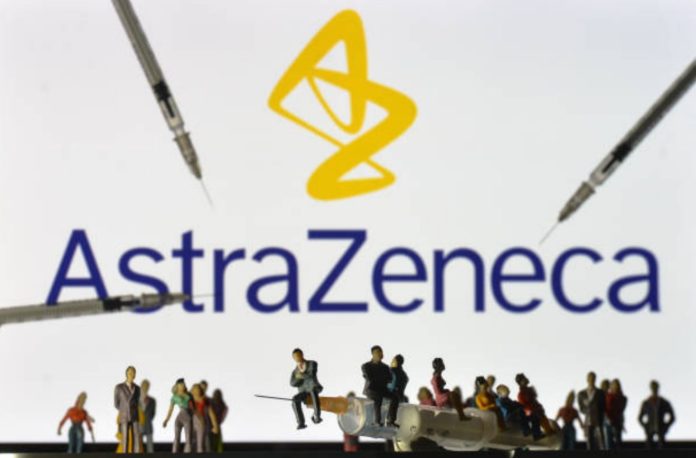People would require a third dose of the coronavirus vaccine within a year of getting the first two doses, says Pfizer’s chief executive.
Dr. Albert Bourla, in an interview, said that a booster jab would be required “somewhere between six and 12 months” after the second dose – and every year thereafter.
“A likely scenario is that there will be likely a need for a third dose, somewhere between six and 12 months and then from there, there will be an annual revaccination, but all of that needs to be confirmed,” Dr. Bourla told CNBC.
- Does This Mean We Stopped Being Animal and Started Being Human Due to ‘Copy Paste’ Errors?
- The One Lifestyle Choice That Could Reduce Your Heart Disease Risk By More Than 22%
- Aging: This Is What Happens Inside Your Body Right After Exercise
- Immune-Boosting Drink that Mimics Fasting to Reduce Fat – Scientists ‘Were Surprised’ By New Findings
- Gun Violence in America: What They Don’t Talk About at the Debate
According to him, variants “will play a key role” in how frequently people will need to go to top up their COVID immunity as time goes on – the way flu vaccines are regulated and re-administered year on year.
In comments published on Thursday, Dr. Bourla stated that the Pfizer-BioNTech vaccine can provide immunity for six months.
He further added: “But protection goes down by time. It is extremely important to suppress the pool of people that can be susceptible to the virus.”
In the US, health officials are already preparing for booster doses to be issued between nine and twelve months after people are fully vaccinated.
This would mean a third dose for people who have received the Pfizer or Moderna jabs and a second dose for the Johnson & Johnson single-shot vaccine.
President Joe Biden‘s chief science officer David Kessler told a congressional committee meeting on Thursday that his team are “expecting” to have to administer booster jabs.
He explained: “We don’t know everything at this moment.
“We are studying the durability of the antibody response. It seems strong but there is some waning of that and no doubt the variants challenge … they make these vaccines work harder.
“So I think for planning purposes, planning purposes only, I think we should expect that we may have to boost.”
Mr Kessler added that the most vulnerable would be first in line.
The most recent data, recorded earlier this month, showed the Pfizer-BioNTech vaccine is 91% effective for at least six months, including against some variants.
- Does This Mean We Stopped Being Animal and Started Being Human Due to ‘Copy Paste’ Errors?
- The One Lifestyle Choice That Could Reduce Your Heart Disease Risk By More Than 22%
- Aging: This Is What Happens Inside Your Body Right After Exercise
- Immune-Boosting Drink that Mimics Fasting to Reduce Fat – Scientists ‘Were Surprised’ By New Findings
- Gun Violence in America: What They Don’t Talk About at the Debate
But beyond the study of 12,000 vaccinated people, exactly how long immunity lasts with two doses “remains to be seen”, Dr Bourla said.
